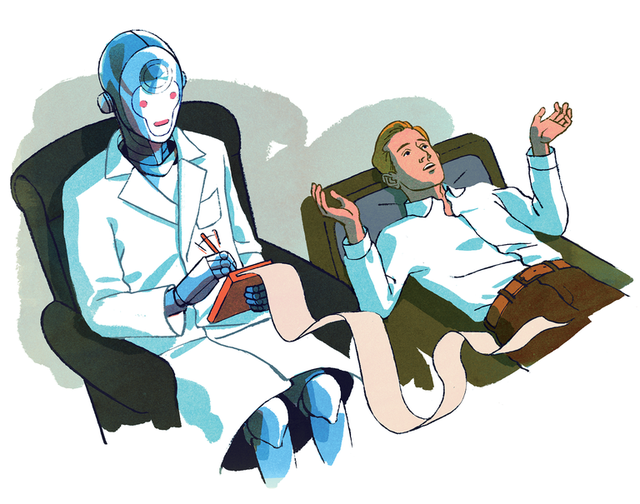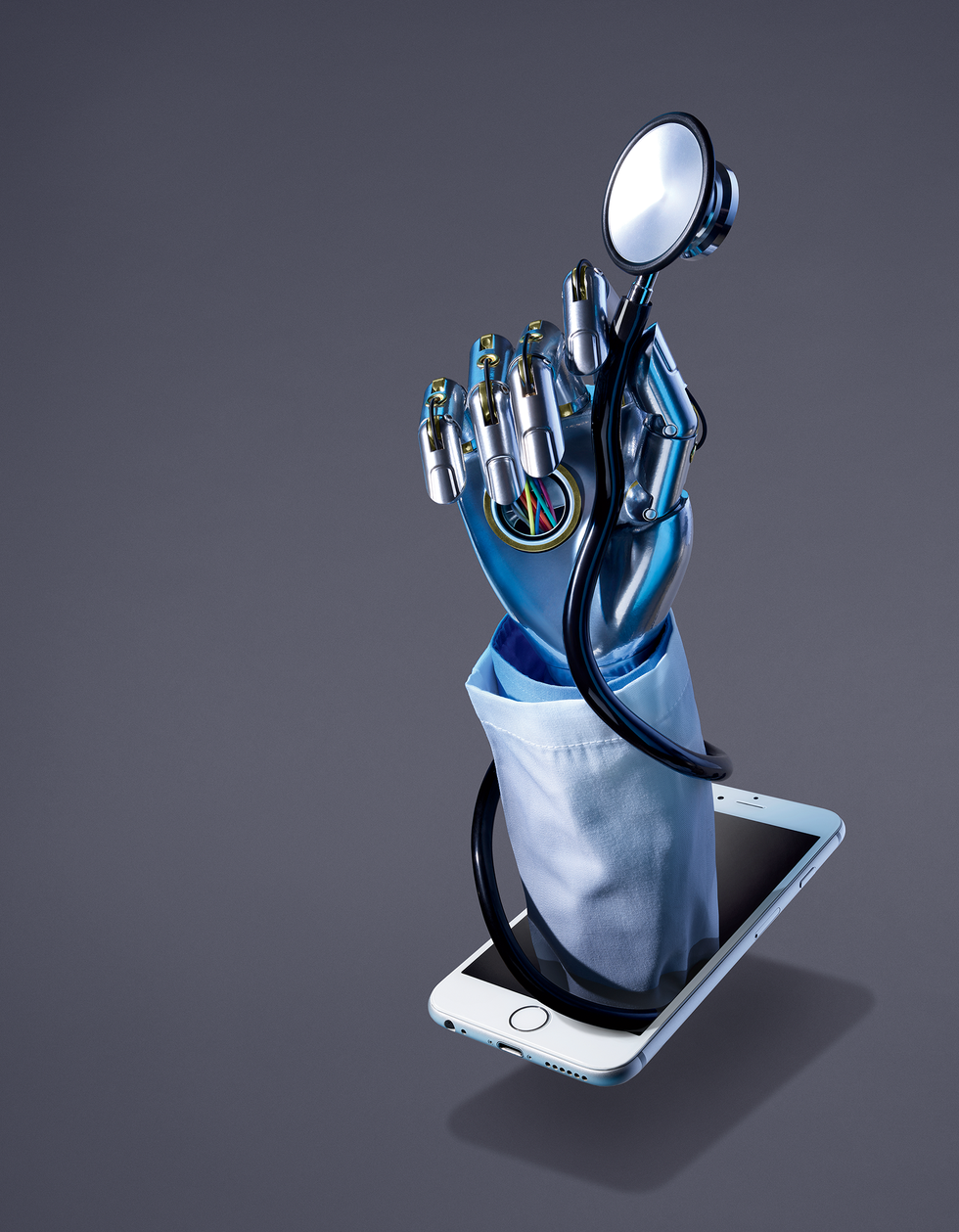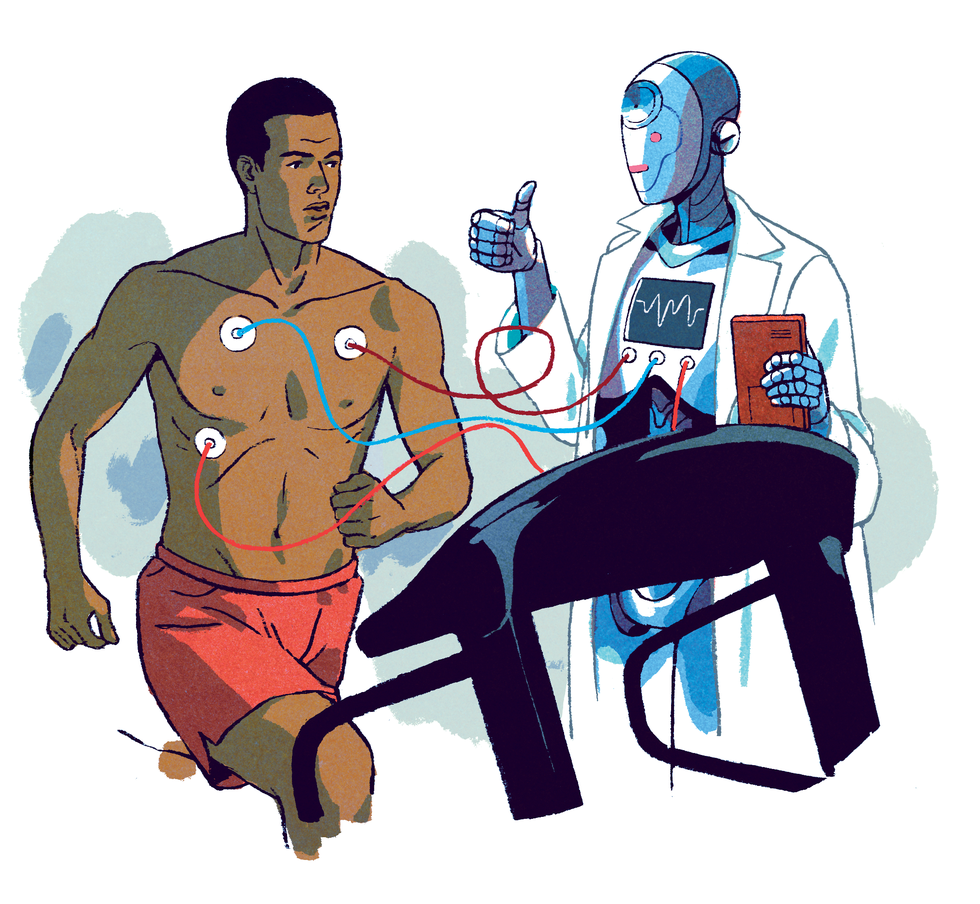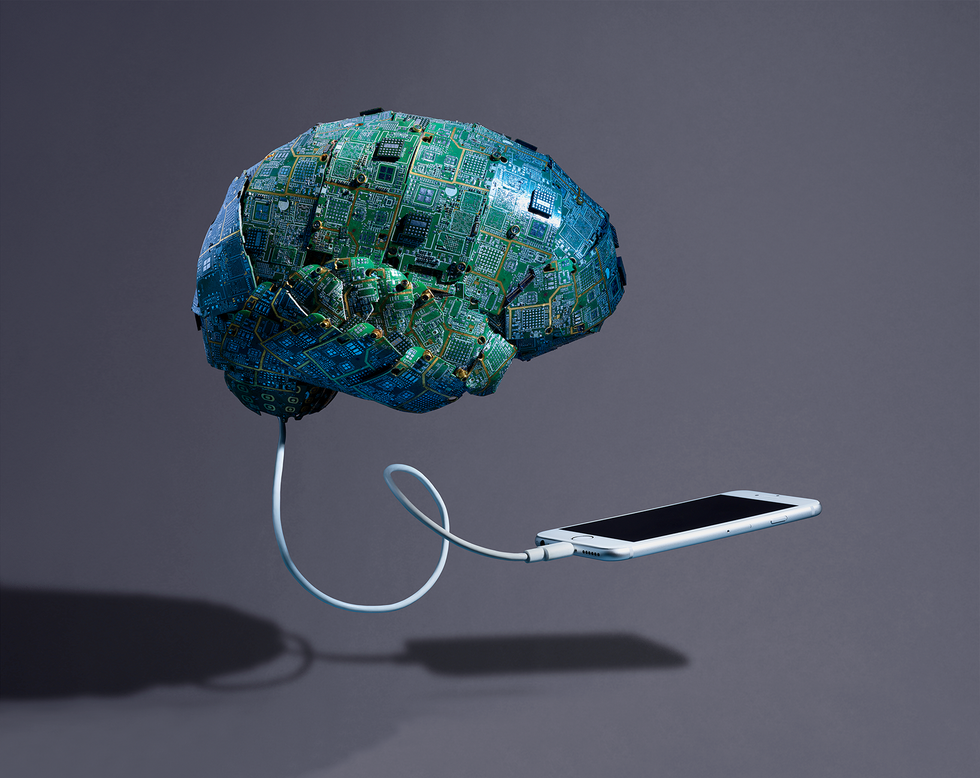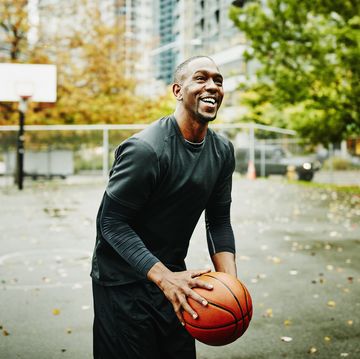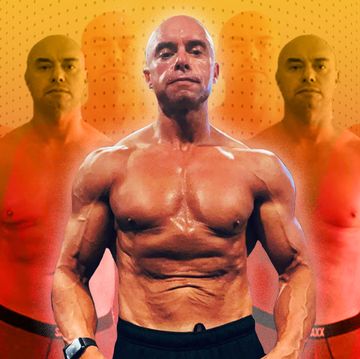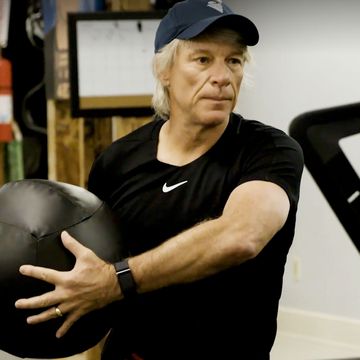When Greg Corrado, Ph.D., an artificial intelligence researcher, took the stage at the TedMed Conference last year, he was frank.
"Doctors who partner with artificial intelligence as a decision-making aid will see their healing powers expand more than they have in the past 100 years," he told the audience of medical professionals. Corrado is a principal scientist at Google AI and an expert in machine learning. "To practice medicine today," he continued, "is to weather an information hurricane...AI [and machine learning] is our best opportunity to tame the data beast and actually scale care to meet demand."
Sound like sci-fi? Not to the hospitals, researchers, and med schools working with Microsoft, Apple, IBM, Google Intel, and GE. Companies are creating algorithms to sort medical records, determine treatments, diagnose sepsis in as little as 12 hours, and even predict who will skip their next doctor's appointment. Cloud-based, deep-learning technology is also being used to review MRIs to assess bloodflow and scan for heart disease faster and more accurately than even the best radiologists can.
Although the field is still in its infancy, here are 12 innovative AI-based technologies you can tap today to improve your health.
Sensely
Admit it—you've always wanted a private-duty nurse. Well, next time you have surgery, an interactive, virtual health assistant named Molly may follow up with you at home. The avatar can check symptoms, pull info from medical devices and wearables, and book follow-up appointments. No need to type—you speak to Molly, and all your info is automatically uploaded to your medical file for your doctor to review.
Best for:
People who are frustrated by the hassles of conventional follow-up care or who need to closely monitor a chronic disease
Cost:
Free in connection with your doctor/hospital
Woebot
Wary of therapy? Not into talking about your mental health? This chatbot, created by Stanford clinical research psychologist Alison Darcy, Ph.D., uses brief daily conversations, mood graphing, uplifting videos, and word games via Facebook's Messenger to monitor your mood and help you learn about yourself. Over time, Woebot learns what you respond to best, and its reactions become more specific. In a 2017 study, users saw significant reductions in depression and anxiety symptoms after two weeks and an average of 12 sessions using Woebot.
Best for:
The therapy-averse
Cost:
$39/month
AiCure
Missed doses of prescription meds can interfere with recovery and even be lifethreatening. AiCure uses AI and a smartphone camera to visually confirm that the pill was taken. After checking the patients identity through facial recognition, this clinically backed app verifies the medication type (based on its shape and color) and ingestion, and then sends confirmation to a doctor. It also sends daily medication reminders.
Best for:
The incredibly busy, the hopelessly absent-minded, and especially remote caretakers of aging parents
Cost:
Free in connection with your doctor/hospital
Semantic Scholar
When youre given a life-altering diagnosis and you need to educate yourself on treatment options, forget Google. This AIpowered search engine checks a database of over 40 million peer reviewed studies, pulls the most cited and relevant ones, and finds connections based on effectiveness. Its longterm goal is using machine intelligence to connect the dots between studies and identify cures that might otherwise be missed.
Best for:
Anyone needing trustworthy medical information drawn from the latest science
Cost:
Free
ARTAS Robotic Hair Restoration
Existing hair transplant methods can be painstaking: Hairs are manually harvested from a donor spot on your head and then implanted in bald or thinning areas. This AIpowered robot assists surgeons in selecting the best hairs for harvesting and then transplanting them, which is said to encourage faster recovery and a more natural look.
Best for:
Balding men with money
Cost:
Dependent on number of grafts transplanted
HeartFlow
Instead of the dyes and catheters involved in an angiogram, doctors are diagnosing heart disease with this non-invasive technology that uses CT scans, computer generated bloodflow, and a deep learning algorithm to produce a 3D map of the heart. The detailed analyses of blockages and bloodflow have been shown to reduce the number of unnecessary invasive angiograms by more than 80 percent, potentially reducing health care costs by more than 25 percent. It also comes with 86 percent diagnostic accuracy (versus 65 percent for coronary CT angio graphy). Its available in some 40 hospitals in the United States, with many more expected in the future.
Best for:
Anyone who's in need of a comprehensive heart disease diagnosis
Cost:
Dependent upon insurance coverage (reimbursed by many private insurers)
Butterfly iQ
Doctors are often delayed in making diagnoses because they dont have immediate access to ultrasound machines. If youre in pain from, say, possible kidney stones, that wait can be excruciating. The Butterfly iQ is a pocketsized ultrasound scanner that connects to an iPhone, with AI software that helps the doctor interpret the images quickly. It's cleared by the FDA for 13 different indications. While its not available to consumers, it will appear in ERs in 2018.
Best for:
Any health care provider who needs an ultrasound, stat
Cost:
$2,000
Watson for Oncology
Physicians dealing with cancer cases can sometimes take weeks to work up a treatment plan. IBMs Watson for Oncology draws on training from experts at Memorial Sloan Kettering Cancer Center as well as a plethora of medical literature including more than 300 medical journals and 200 textbooks, and nearly 15 million pages of text to tailor a treatment plan based on the patients symptoms, genetics, and history. And it does it in minutes.
Best for:
Cancer patients who want the real-world sensibility of a doctor and an AI-based opinion
Cost:
Varies based on provider
Lumo Run
Simple: Clip this sensor to your shorts, and the MotionScience Platform analyzes biomechanic feedback (cadence, braking, bounce, pelvic rotation, pelvic drop) to deliver realtime tips on your running form. It also suggests pre and postrun exercises to address weak spots. Another product, Lumo Lift (worn on the collarbone) works similarly for posture.
Best for:
Recreational and competitive runners who want to improve their form and avoid injury
Cost:
$100 ($80 for Lift)
PatientsLikeMe
After a diagnosis, share your disease experience, symptoms, and treatment info on PatientsLikeMe, the worlds largest patient network, to gain insight from people with the same condition. With more than 600,000 members and 2,800 conditions, the platform now uses AI in its DigitalMe program, which creates a more complete version of each patient by analyzing their genes and biomarkers, tracing the disease's progression, and studying the factors affecting it.
Best for:
Those seeking insight via crowdsourcing, as well as research advocates, especially if its a disease that isnt well understood, like ALS.
Cost:
Free
Colgate Connect E1
This toothbrush uses 3D motion sensors, an accelerometer, a gyroscope, and a magnetometer to track its exact position and orientation, giving you real-time feedback via your phone as you brush. AI sifts through the data to send weekly coaching tips.
Best for:
Budding actors and the cavity prone
Cost:
$99
Noom
This app claims to have changed 45 million lives, with 78 percent of users losing weight and keeping it off nine months later. By using AI and human goal specialists, it creates custom nutrition/exercise courses. Noom is the first program of its kind to be recognized by the CDC for diabetes prevention.
Best for:
People who need personal coaching and are organized enough to input their data consistently
Cost:
Plans start at $32/month after a 14-day trial
